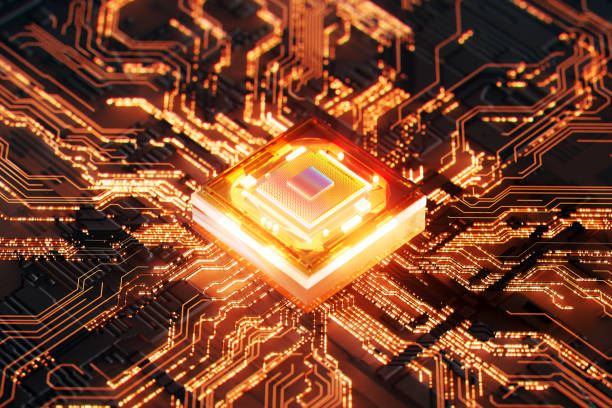1. AMD Ryzen 7 9800X3D

Specifications:
Architecture: Zen 4
Socket: AM5
Cores/Threads: 8/16
Base Frequency: 4.7GHz
Top Boost Frequency: 5.2GHz
TDP: 120W
Reasons to buy:
+The fastest gaming CPU money can buy
+Productivity performance
+Power consumption and efficiency
+Reasonable cooling requirements
+Fully overclockable
Reasons to avoid:
-Similarly-priced chips are faster in productivity work
2. Intel Core i7-14700K

Specifications:
Architecture: Raptor Lake Refresh
Socket: LGA 1700
Cores/Threads: 20 (8P+12E) / 28
Base Frequency: 3.4 GHz
Top Boost Frequency: 5.6 GHz
Processor Base Power: 125W
Reasons to buy:
+Price
+Four more e-cores for productivity work
+Largely matches 14900K gaming performance
+Single- and Multi-threaded performance
+PCIe 5.0 and DDR5 memory
+Overclockable
Reasons to avoid:
-No bundled cooler
-Draws more power than Ryzen
3. AMD Ryzen 9 9950X3D

Specifications:
Architecture: Zen 5
Socket: AM5
Cores/Threads: 16/32
Base Frequency: 4.3 GHz
Top Boost Frequency: 5.7 GHz
TDP: 170W
Reasons to buy:
+Fastest 16-core chip in gaming
+Near-parity gaming with the 9800X3D (on average)
+Productivity performance
+Fully overclockable
+Energy efficient
+AVX-512 support
Reasons to avoid:
-Pricing
4. Intel Core i5-12400F

Specifications:
Architecture: Alder Lake
Socket: LGA 1700
Cores/Threads: 6 (6P + 0E) / 12
Base Frequency: 2.5
Top Boost Frequency: 4.4
TDP: 65W / 117W
Reasons to buy:
+Strong gaming performance
+Support for DDR4
+Support for PCIe 5.0
+Single-threaded performance
+Sufficient bundled cooler
Reasons to avoid:
-No integrated graphics
-No CPU core overclocking
-Limited memory overclocking
5. AMD Ryzen 5 8600G

Specifications:
Architecture: Zen 4
Socket: AM5
Cores/Threads: 6 / 12
Base Frequency: 4.3GHz
Top Boost Frequency: 5.0GHz
TDP: 65W
Reasons to buy:
++Passable 1080p in some titles, solid 720p gaming
++Hyper-RX support
++Bundled coolers
++Power efficiency
Reasons to avoid:
-Higher DDR5 pricing, no 8GB options
–AM5 motherboards remain pricey

